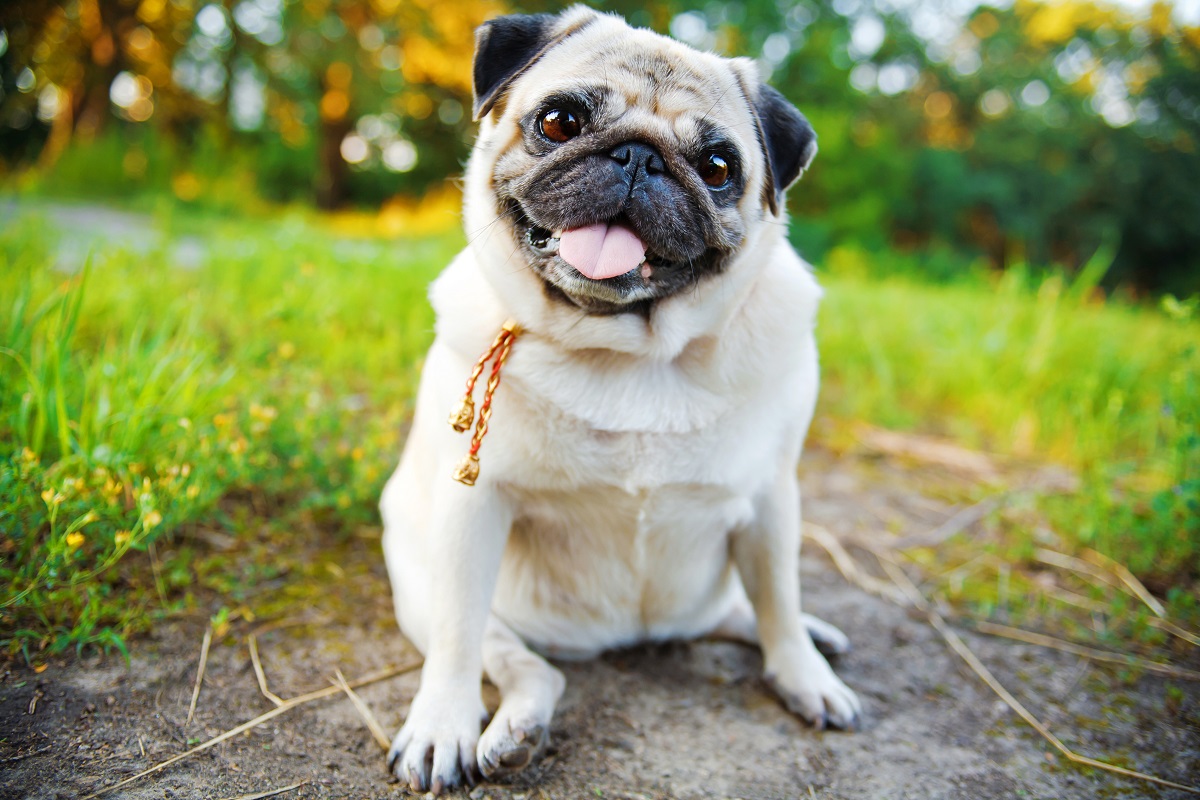The rising frequency of heatwaves due to climate change is causing an increased risk of dogs suffering from heat-related illness (HRI).
By analysing VetCompass records of 905,543 dogs at 886 veterinary clinics, a UK study* found a total of 395 events of HRI.
The study reported that the most at risk dogs include purebred dogs, brachycephalic dogs, dogs weighing over 50kg, and dogs over 12 years of age.
It was suggested that veterinary professionals may need to include resistance to HRI amongst their rationales when advising owners on breed selection.
“Breeding for good respiratory function and maintaining a healthy bodyweight should be considered key welfare priorities for all dogs to limit the risk of heat-related illness,” stated the report.
Brachycephalic, or flat-faced, breeds such as pugs, chow chows, French bulldogs, and pugs were identified to have the highest incidence of HRI, while companion greyhounds were found to have 4.26 times the odds of HRI compared to Labradors.
Signs of HRI in dogs include:
- Panting excessively despite being removed from heat
- Collapsing
- Stiffness, lethargy, or an unwillingness to move
- Hypersalivation, vomiting, or diarrhoea
- Neurological dysfunction such as ataxia, seizures, coma, or death
- Haematological disturbances such as petechiae or purpura.
The study suggested that maintaining a dog’s healthy bodyweight to be an important management tool for limiting HRI risk.
“Routine recording of patient body condition score should be highlighted as a key strategy for enabling the monitoring and subsequent management of canine obesity.”

